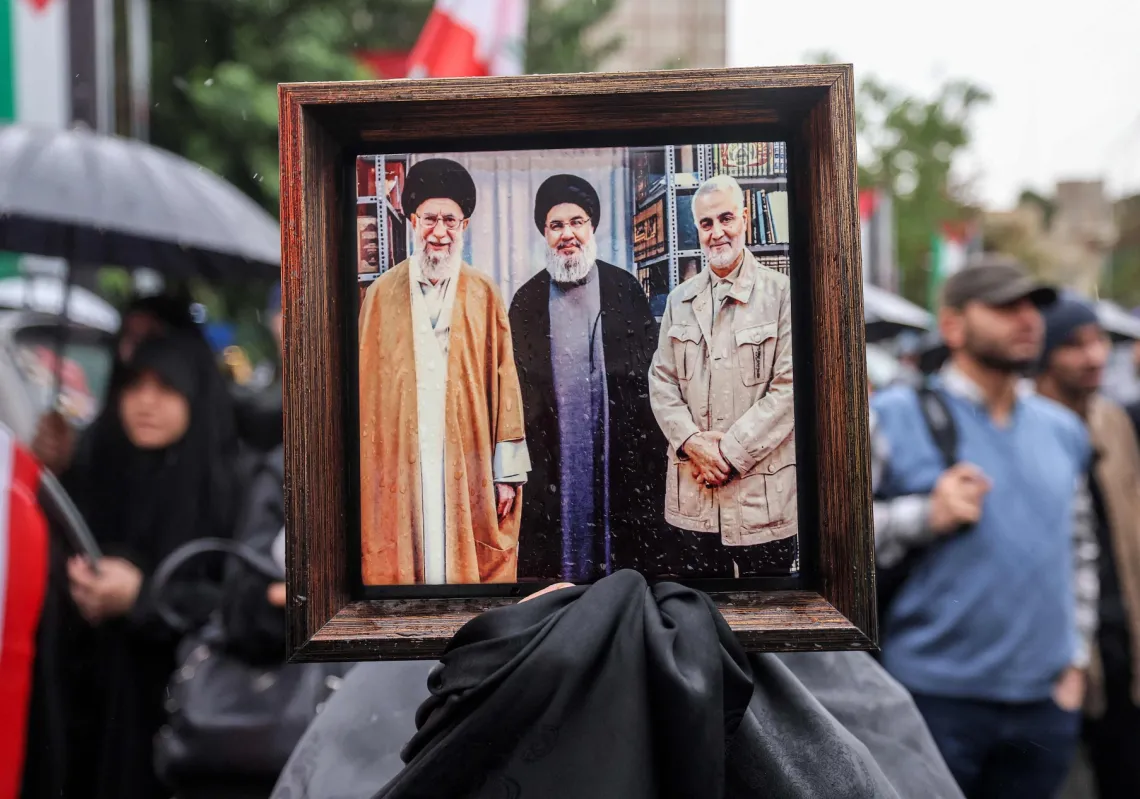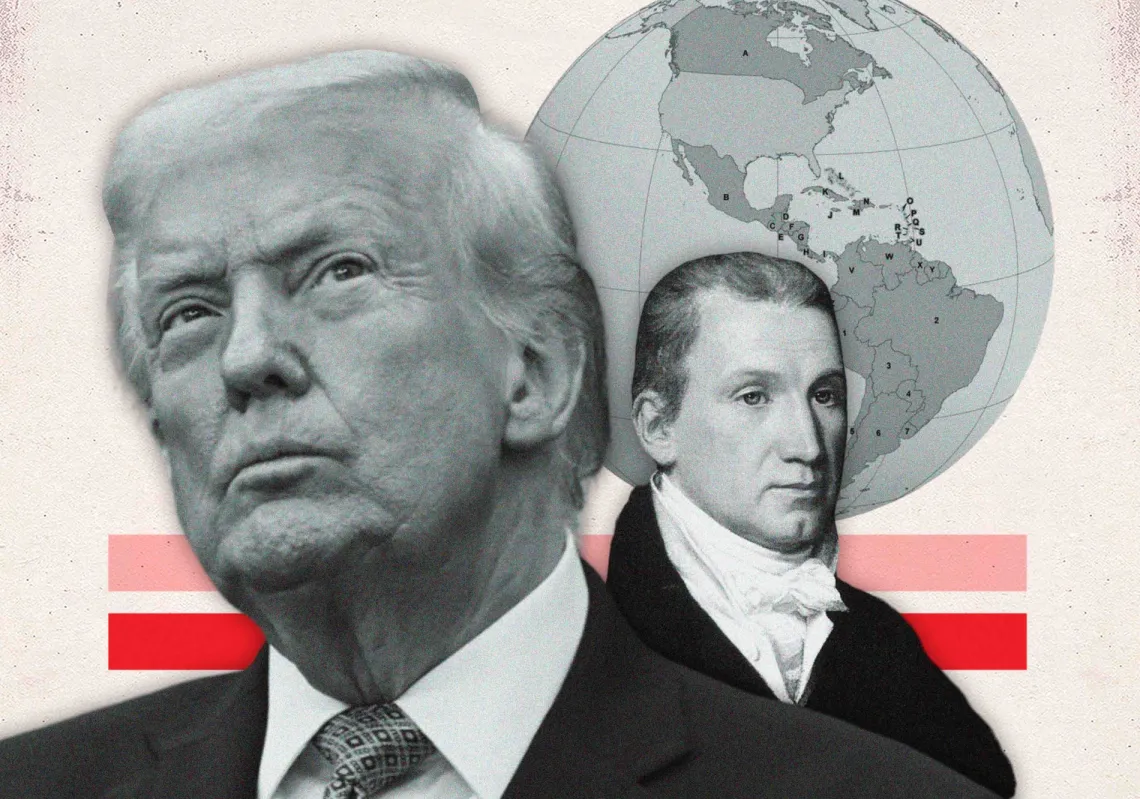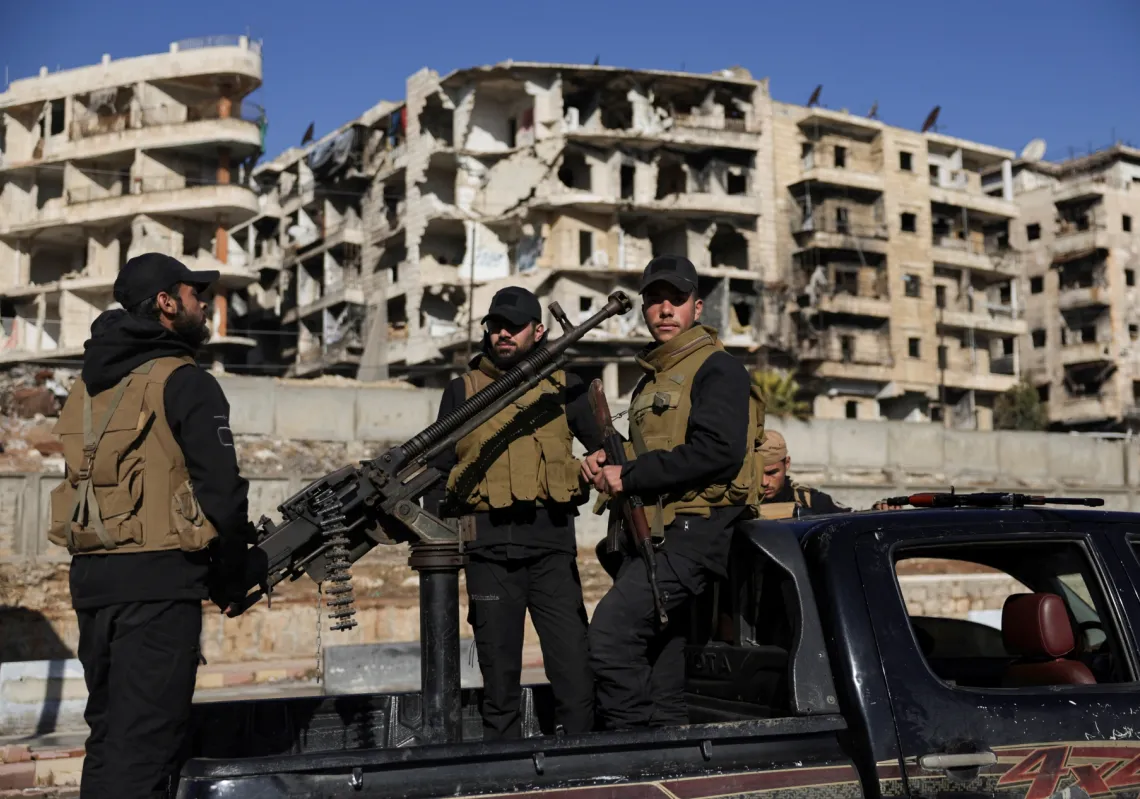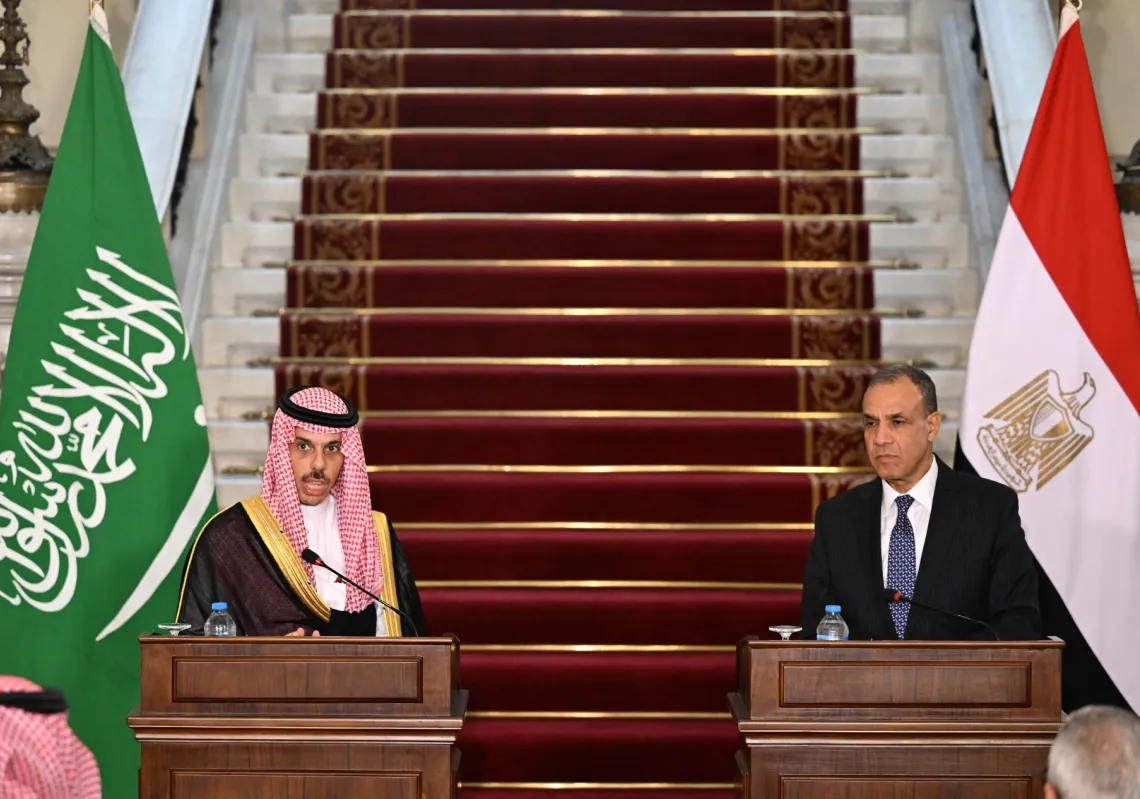The announcement of Prince Mohammed bin Salman bin Abdulaziz, Crown Prince, Prime Minister, and Chairman of the Council of Economic and Development Affairs, regarding the launch of four special economic zones represents a quantum leap in terms of investment attractiveness in Saudi Arabia.
The zones will allow 100% foreign ownership and grant important tax incentives, which will enhance the country’s ability to attract international investments and highly-skilled professionals.
The launch of the special zones is a groundbreaking step aimed at bringing more qualitative investment opportunities to the Saudi market that will integrate with the country’s existing economy.
HRH the Crown Prince: The new Special Economic Zones will significantly impact how business is done in the country, create tens of thousands of jobs, and contribute billions of riyals to our GDP.#SPAGOV
— SPAENG (@Spa_Eng) April 13, 2023
The zones will help support the overall development of the national economy by increasing the volume and quality of investments in the Kingdom, in line with the goals of Vision 2030 which aim to bolster Saudi Arabia’s position on the world map of business.
New horizons for development
The special economic zones will open new horizons for development, relying on the competitive advantages of each region to support vital and promising sectors, including logistics, industry, technology, and other sectors considered to be priorities for the Kingdom.
The new zones are conveniently located in strategic locations in Riyadh, Jazan, Ras Al-Khair, and King Abdullah Economic City, north of Jeddah.









